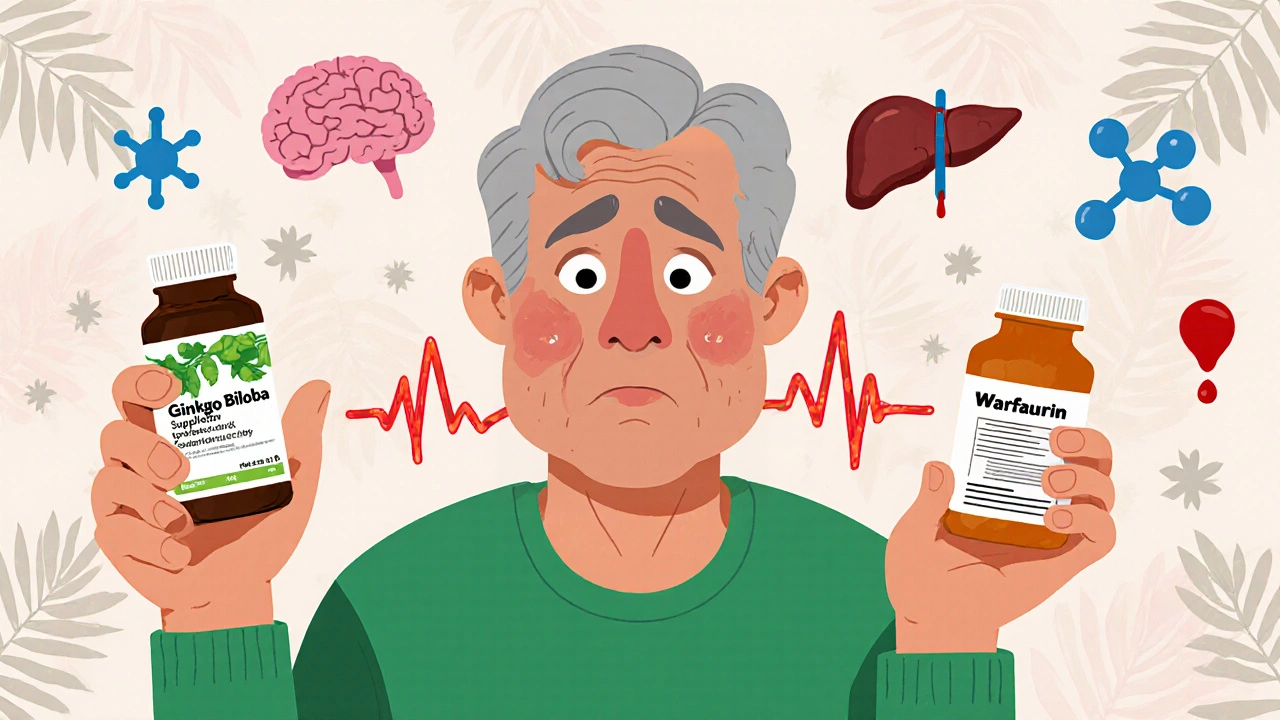Blood Thinners: What They Are, How They Work, and What You Need to Know
When your blood starts clotting too much, it can block arteries or veins — leading to strokes, heart attacks, or deadly pulmonary embolisms. That’s where blood thinners, medications that reduce the risk of dangerous clots without actually thinning the blood. Also known as anticoagulants or antiplatelets, they work in different ways to keep your blood flowing smoothly. Think of them like traffic controllers for your bloodstream — they don’t remove the cars (blood cells), but they stop them from crashing into each other.
There are two main types: anticoagulants, drugs like warfarin, apixaban, and rivaroxaban that slow down the clotting process by targeting proteins in the blood, and antiplatelets, like aspirin or clopidogrel that stop platelets from sticking together. You might take one if you have atrial fibrillation, a replaced heart valve, deep vein thrombosis, or after a stent procedure. Some people take them for life. Others only need them temporarily after surgery.
These drugs aren’t magic — they come with real risks. Bleeding is the big one. A cut that won’t stop, a bruise that spreads, or even a minor fall can turn serious. That’s why regular monitoring matters. People on warfarin need frequent blood tests to check their INR levels. Newer drugs like Eliquis or Xarelto don’t need that, but they’re not cheaper or safer for everyone. And mixing them with NSAIDs like ibuprofen? That’s asking for trouble. Even some herbal supplements — like ginkgo or garlic pills — can interfere.
What you eat, what you take, and even how you move all play a role. Vitamin K in leafy greens can make warfarin less effective. Skipping doses or stopping cold turkey? That’s when clots form fast. And while these drugs help prevent strokes, they don’t cure the root cause — whether it’s high blood pressure, obesity, or an irregular heartbeat. That’s why managing your overall health matters just as much as taking the pill.
You’ll find posts here that dig into how these drugs compare, what alternatives exist, and how to stay safe while using them. We’ve covered drug interactions, monitoring needs, cost differences, and real-life trade-offs — from people on long-term therapy to those just starting out. Whether you’re wondering why your doctor picked one blood thinner over another, or how to handle side effects without panic, the answers are here. No fluff. No guesswork. Just what works, what doesn’t, and what you need to ask your provider next.
Direct Oral Anticoagulants vs Warfarin: Side Effect Comparison
DOACs like apixaban and rivaroxaban offer fewer bleeding risks and no need for blood tests compared to warfarin, making them the preferred choice for most patients. Learn who still needs warfarin and how to choose the safest option.
Keep ReadingGinkgo Biloba and Blood Thinner Interactions: What You Need to Know
Ginkgo Biloba may increase bleeding risk when taken with blood thinners like warfarin, aspirin, or clopidogrel. Learn what the science says, which combinations are dangerous, and what to do if you're already taking both.
Keep Reading

